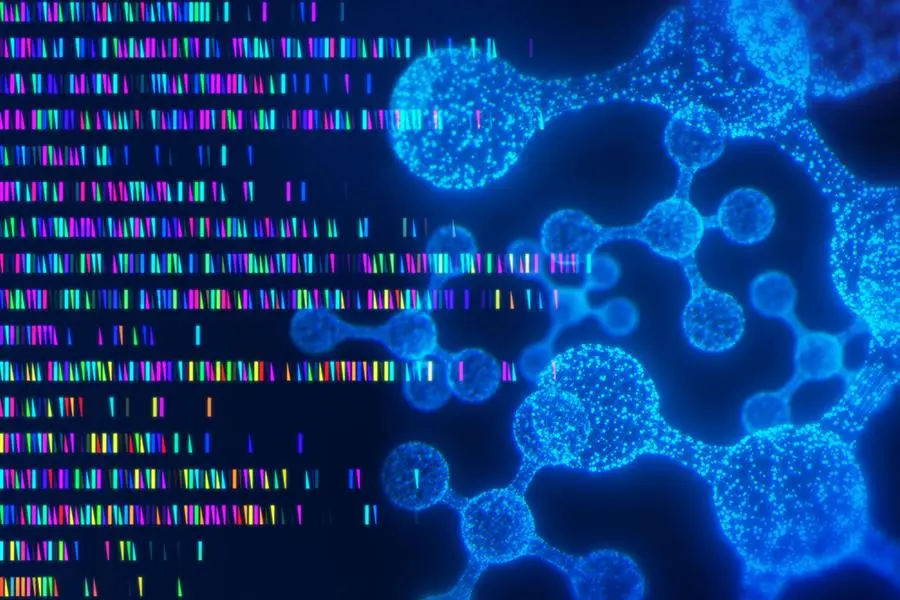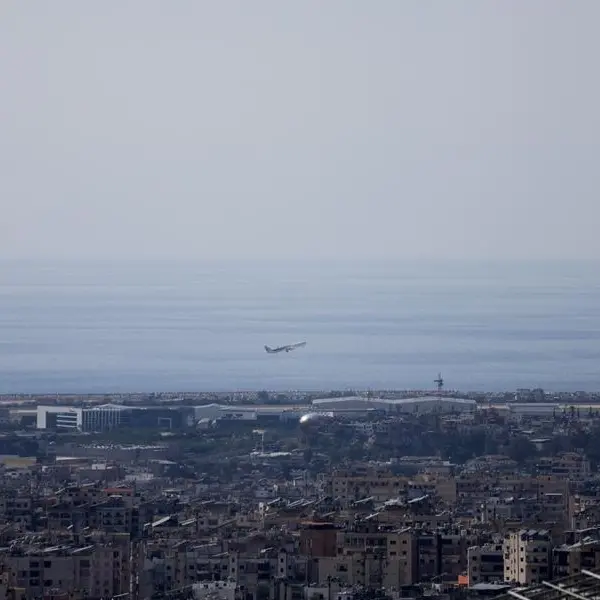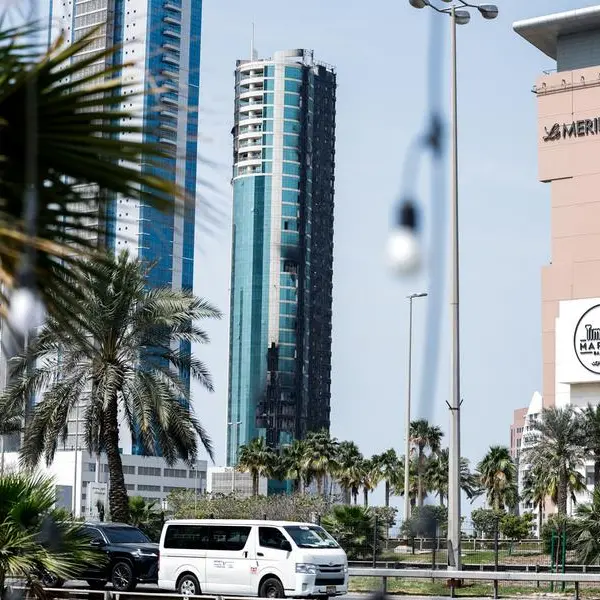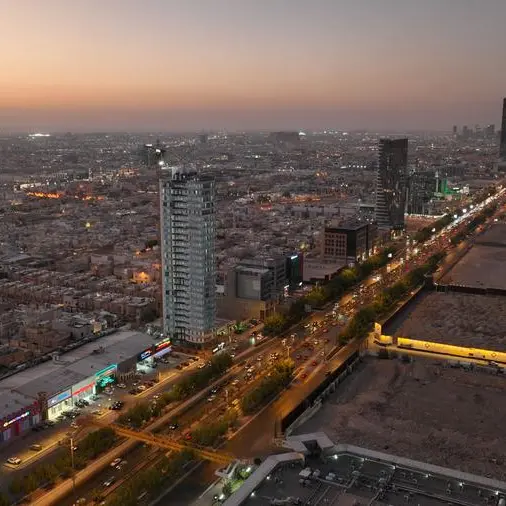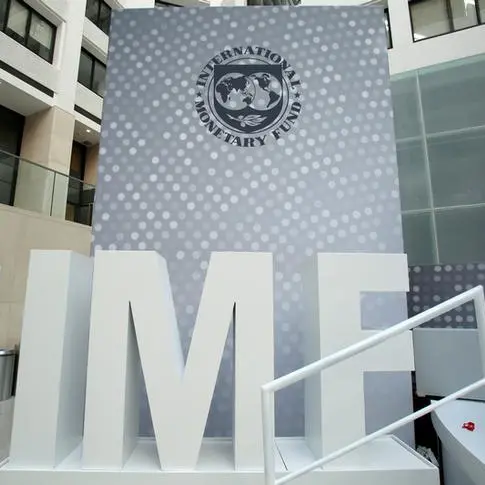PHOTO
MORE than 42,000 samples have been collected as part of a nationwide genome project, it has been confirmed.
Speaking at the final day of the Manama Health Congress and Expo at Exhibition World in Sakhir, the National Genome Centre’s Dr Fatima Marhoon revealed that almost 85 per cent of the target for the Bahraini Genome Programme has been reached, and that it is expected to be completed by the end of next year.
“Bahrain is one of about 25 countries to have a genome project,” she said during her lecture titled, ‘Genome Mapping in Bahrain,’ which was attended by Supreme Council of Health chairman Lieutenant General Dr Shaikh Mohammed bin Abdulla Al Khalifa and National Health Regulatory Authority chief executive Dr Mariam Al Jalahma.
“This project will change how medicine operates in the upcoming years, especially in personalised healthcare services.”
Dr Fatima Marhoon
Genomics is the study of the complete set of genes, how they work and interact with each other and the environment.
Historically, the practice dates back all the way to 1865, when Gregor Mendel laid the foundation for the studies with pea plant genetics.
The first DNA structure was uncovered in 1953 by American biologist James Watson and British physicist Francis Crick and the first human genome draft was published 50 years later in April 2003.
Bahrain established its National Genome Centre in 2018, under the patronage of Shaikh Salman bin Hamad Al Khalifa, Crown Prince and Prime Minister, in conjunction with the launch of the Bahraini Genome Programme.
The biobank set a target of 50,000 samples to be obtained for sequencing from the Bahraini population.
Dr Marhoon
“The genomes will be sequenced gradually,” Dr Marhoon said. “This will pave the way for innovative personalised medicine and healthcare practices.
“It will also contribute to a proactive preventative healthcare system in Bahrain, with equal access to genomic services to everyone in the country.”
Hundreds of campaigns have been held in the past three years, in co-operation with ministries, government institutions, banks, universities and schools, to support the project.
According to Dr Marhoon, the main aim of the project is the prevention and early diagnosis of genetic diseases. “It will help us understand genetic variations and contribute to the adoption of innovative gene therapy,” she explained.
“As humans, our genetics are 99.9pc similar to each other, but that remaining miniscule amount makes a lot of difference. It is what makes us unique.”
Copyright 2022 Al Hilal Publishing and Marketing Group Provided by SyndiGate Media Inc. (Syndigate.info).